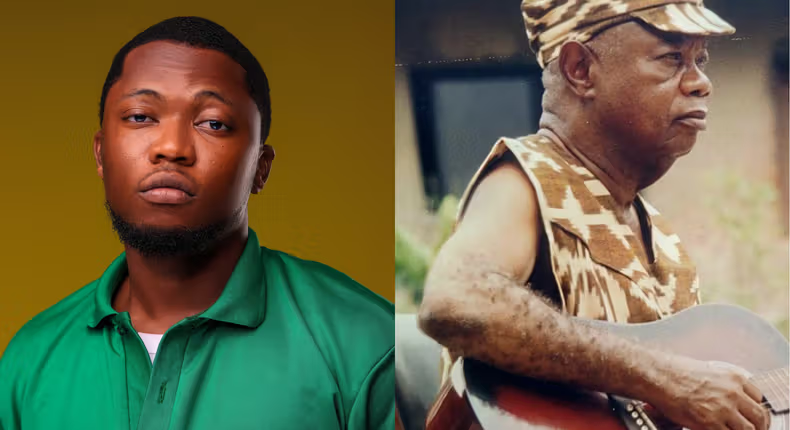Brain Jotter’s use of Gentleman Mike Ejeagha’s song “Ka Esi Le Onye Isi Oche” in a viral video has sparked a debate over whether it constitutes copyright infringement. The song, originally recorded in 1983, resurfaced after being used in Brain Jotter’s Instagram video on July 5, 2024, which has since garnered millions of views and sparked a social media trend.
Critics argue that Brain Jotter’s initial use of the song in his video without obtaining permission from Gentleman Mike Ejeagha constitutes copyright infringement. According to the Nigerian Copyright Act 2022, the unauthorized use of copyrighted works is prohibited, granting exclusive rights to the creators or owners of such works. Gentleman Mike Ejeagha, as the owner of the song, holds these exclusive rights, and any use of his work without his permission is potentially a violation of these rights.
However, the act also provides for “fair usage” under Section 20, which includes scenarios such as private use, satire, non-commercial research, caricature, parody, review, or the reporting of current events. Whether Brain Jotter’s use of the song falls under these exceptions is not clear-cut and would require a court’s determination.
Intellectual property lawyer Olarenwaju Bello points out that while there may be an actionable basis for a copyright infringement claim, the court would need to decide if Brain Jotter’s usage qualifies as fair use. If Gentleman Mike Ejeagha or his representatives chose to pursue legal action, they could request a takedown of the video and sue for damages. However, subsequent videos posted by Brain Jotter used the song from the Instagram music library, which Premier Records Ltd has licensed to TikTok through a blanket license, thereby not constituting a copyright breach.
The situation highlights the complexities of copyright law, particularly in the context of social media and viral content. Despite the potential for legal action, the goodwill generated by Brain Jotter’s visit to Gentleman Mike Ejeagha and the increased interest in Ejeagha’s music suggest that a court case is unlikely. Instead, this scenario underscores the importance of understanding and respecting copyright laws within the creative and entertainment sectors in Nigeria, where issues of sampling and unauthorized use remain prevalent.

